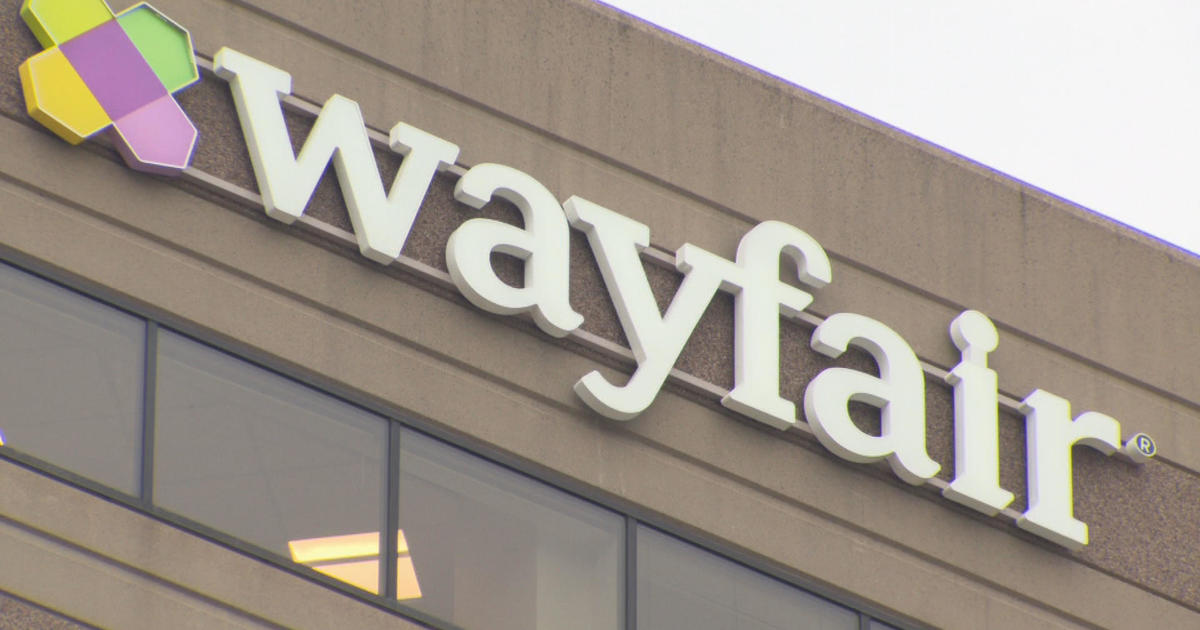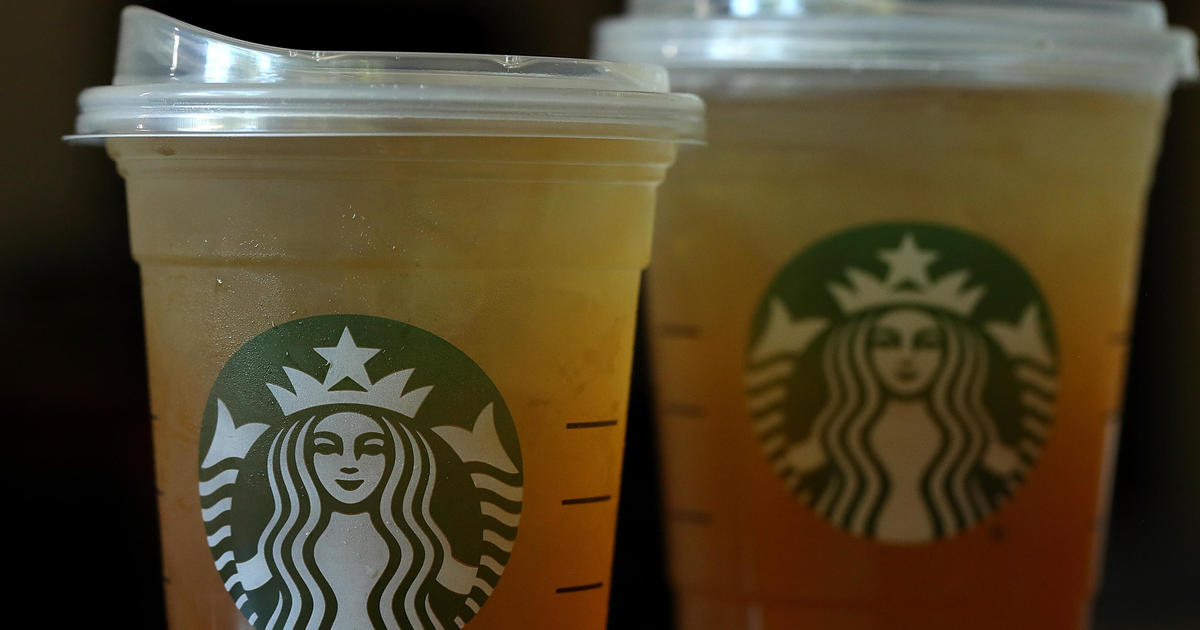Minnesota becoming first state to ban common germ-killer triclosan in soap
Minnesota’s first-in-the nation ban on soaps containing the once ubiquitous germ-killer triclosan takes effect Jan. 1, but the people who spearheaded the law say it’s already having its desired effect on a national level.
The federal government also called for a ban in September of this year, which will take effect in September 2017. Major manufacturers have largely phased out the chemical already, with some products being marketed as triclosan-free. It’s an example, say some, of how changes can start at a local level.
“I wanted it to change the national situation with triclosan and it certainly has contributed to that,” said state Sen. John Marty, an author of Minnesota’s ban.
Triclosan once was widely used in anti-bacterial soaps, deodorants and even toothpaste. But studies began to show it could disrupt sex and thyroid hormones and other bodily functions, and scientists were concerned routine use could contribute to the development of resistant bacteria. University of Minnesota research found that triclosan can break down into potentially harmful dioxins in lakes and rivers.
The group Friends of the Mississippi River and its allies in the state government, including Marty, persuaded Gov. Mark Dayton to sign a ban in 2014 that gave the industry until Jan. 1, 2017, to comply.
In September, when the FDA announced their soon-to-be instituted national ban of triclosan and a list of other anti-bacterial chemicals used in hand and bodywash products, they issued a press statement that said, “Antibacterial hand and body wash manufacturers did not provide the necessary data to establish safety and effectiveness for the 19 active ingredients addressed in this final rulemaking.”
Dr. Janet Woodcock, director of the FDA’s Center for Drug Evaluation and Research, said in the statement, “Consumers may think antibacterial washes are more effective at preventing the spread of germs, but we have no scientific evidence that they are any better than plain soap and water.”
In fact, she added, “Some data suggests that antibacterial ingredients may do more harm than good over the long-term.”
However, the FDA allowed the continued use of triclosan in some products, such as Colgate Total toothpaste, saying it’s effective at preventing gingivitis.
John Marty and Trevor Russell, the water program director for Friends of the Mississippi River, acknowledged they can’t take direct credit for the FDA’s action because that rulemaking process began in 1978, though it didn’t finalize the rule until after a legal battle with the Natural Resources Defense Council.
However, they believe their efforts helped prod manufacturers to accelerate a phase-out that some companies such as Procter & Gamble and Johnson & Johnson had already begun.
Most major brands are now reformulated, said Brian Sansoni, spokesman for the American Cleaning Institute, a lobbying group. Soaps containing triclosan on store shelves are likely stocks that retailers are just using up, he said.
Russell noted he recently found Dial liquid anti-bacterial hand soap at two local Wal-Marts, two supermarkets and a Walgreens.
The industry is now submitting data to the FDA on the safety and effectiveness of the three main replacements, benzalkonium chloride, benzethonium chloride and chloroxylenol.
“Consumers can continue to use these products with confidence, like they always have,” Sansoni said.
By going first, Russell said, Minnesota can identify any issues with implementing the ban and share them with the rest of the country.



